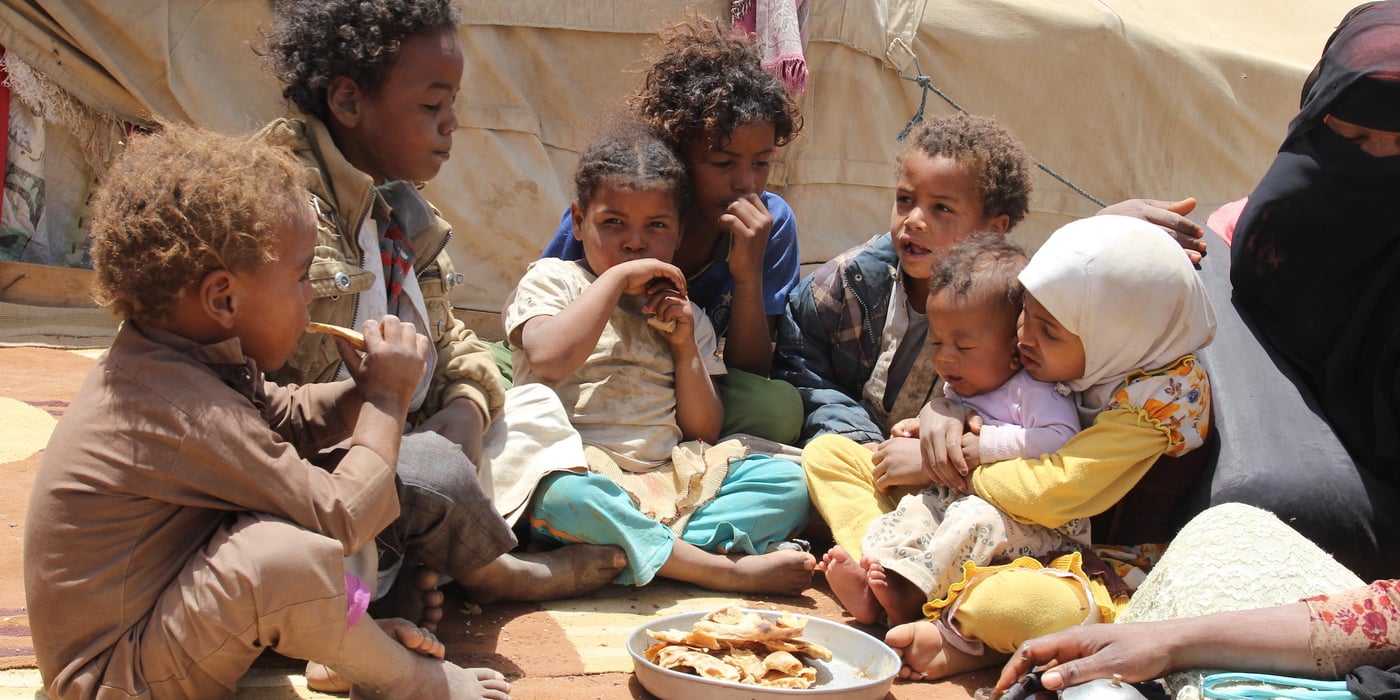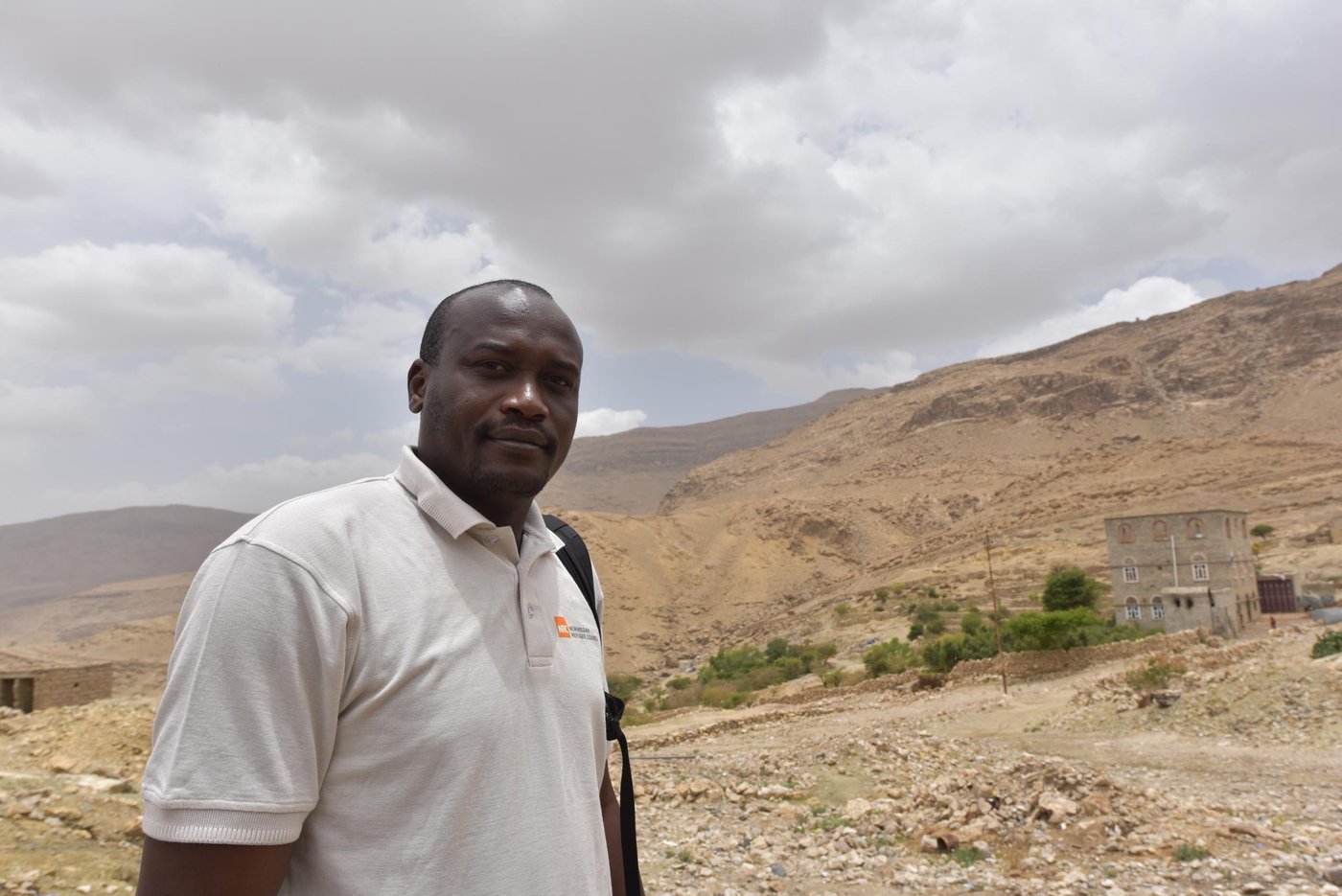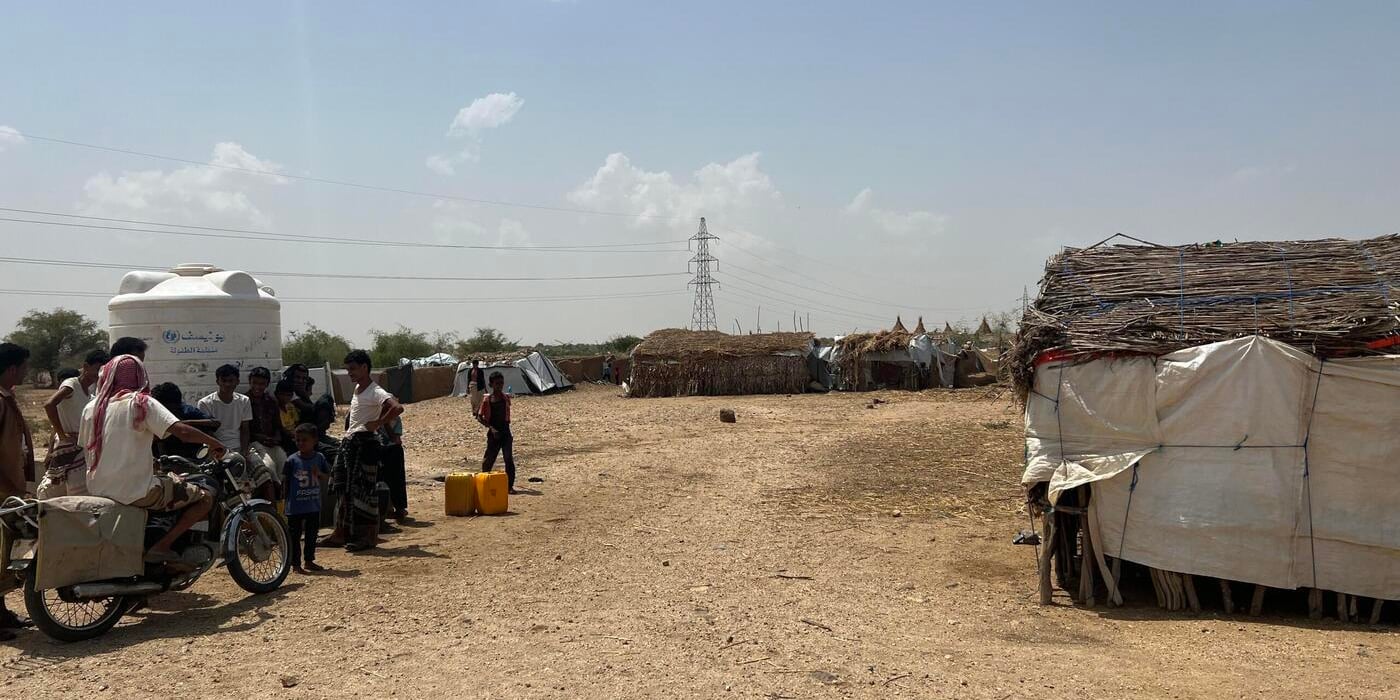
“What looked on paper to be a good policy for easing the blockade has done very little to lower prices of essential daily items like fuel and food,” said the Norwegian Refugee Council’s Country Director in Yemen, Mutasim Hamdan. “The instability caused by the coalition’s arbitrary policies, closing ports one day and reopening them on another, is making problems worse for the Yemeni population. Shipping companies, importers and vendors are left without assurance that the port will remain open, and this is serving to sustain inflation that makes food unaffordable for most Yemeni people.”
As the stipulated period is now about to end, the delivery of commercial goods to Yemen’s Red Sea Ports must continue, and ports must be opened permanently. While tons of food and fuel have reached the ports in recent weeks—the first commercial supplies to do so after a 45-day blockade on Yemen— 17.8 million people struggle to afford enough to eat each day, and 8.4 million are at risk of sliding into famine.
Based on 2017 data from the UN Verification and Inspection Mechanism for Yemen (UNVIM), 1.69 million tons of fuel were discharged at Hodeida and Ras Isa ports through the course of the year – which NRC calculates to be roughly a third of the volume needed through these ports to meet needs. Ongoing bureaucratic restrictions imposed by the parties to the conflict are drastically slowing the rate at which fuel and other critical supplies reach Yemen. Subsequent shortages have driven up the price of food by 41% since the conflict began in 2015, reflecting an 8% jump in November alone.
“Without fuel, bulk supplies can’t be milled or transported across the country,” Hamdan added. “Water pumps shut down and hospitals are left without power supply. We need to see fuel supplies coming into Yemen’s ports every week, with guarantees that there will be no interruptions, to help keep a grip on extreme needs.”
“Actions taken by the Saudi-led Coalition to stem the flow of fuel and other supplies equate to a slow means of killing people, and the inaction of the UN Security Council is aiding it,” Hamdan said. “We need an absolute guarantee that Yemen’s main ports will be allowed to receive commercial supplies at the rate needed beyond this thirty-day window. Yemen is not a game.”
The country has seen more than one million suspected cases of cholera in the last nine months, an entirely preventable disease to which people are more vulnerable without adequate nutrition. Only 50 per cent of the country’s health facilities are fully functional and thousands of schools have closed due to destruction and non-payment of teacher salaries.
Read also: INGO Joint Statement on the complete opening of Hudaydah Port (16 January)



